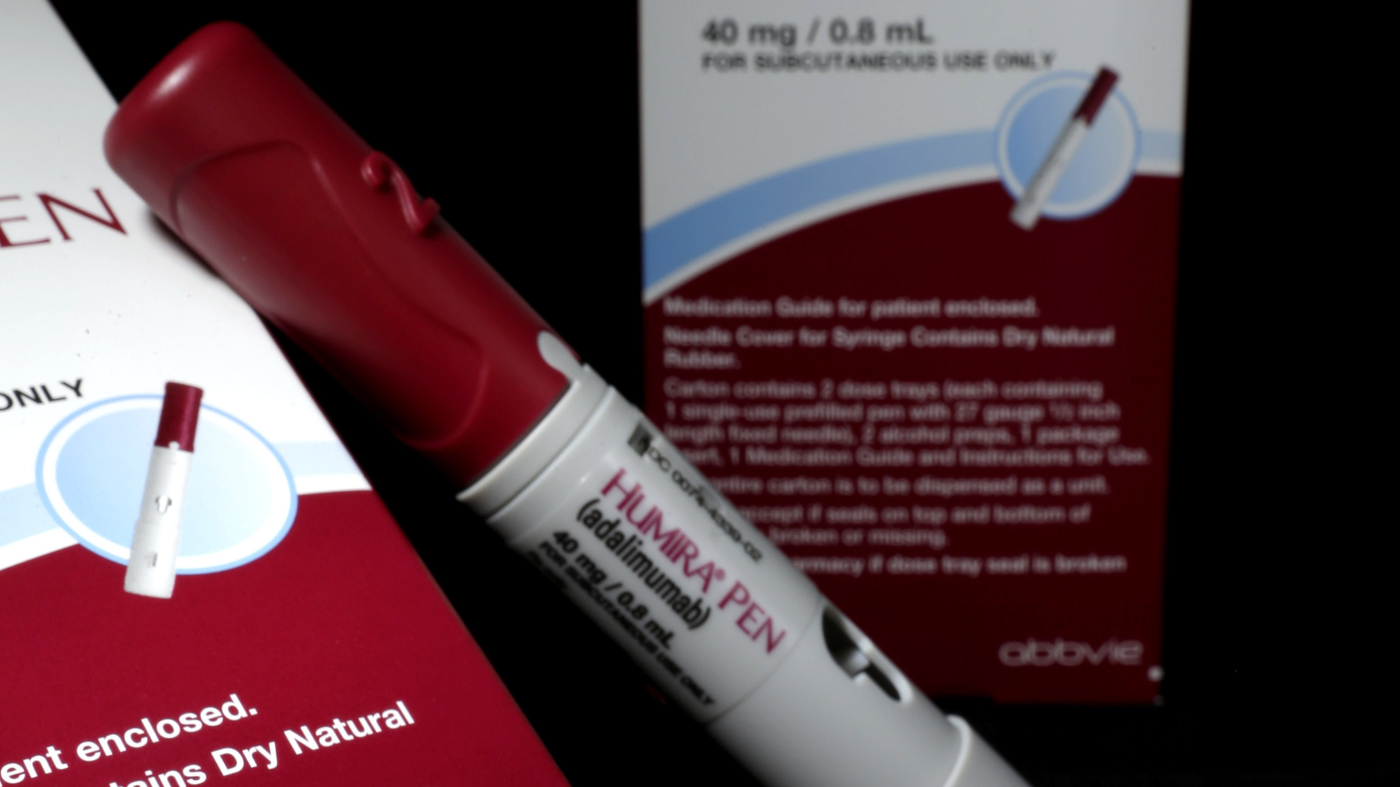Medical School Letters of Recommendation

The Committee Letter
Sometimes, schools will provide committee letters. Essentially, committee letters are written by pre-health committees at undergraduate institutions and offer medical schools an evaluation of you and your applications from people who you have worked with closely over the last few years while completing your premedical coursework. Often, to get a committee letter you will need to submit your grades, scores, CV, personal statement, etc., as well as have a short interview with your prehealth committee for the letter. Sometimes, pre-health committees will also collect all of your letters of recommendation and create a letter packet to be uploaded as well. Committee letters and letter packets are both accepted by the AMCAS application and commonly used by many students each year. Check with your individual institution to see if they offer a committee letter or letter packets and specific deadlines to keep in mind.
Who to ask for medical school letters of recommendation?
Typically, you will need at least two letters from professors in the sciences and one from a non-science professor. You should ask professors who you know well and can attest to your abilities. It is always better to ask a more junior professor who knows you better, rather than a more “known” faculty member who you have had limited interactions with and might not have much to say about you in the letter.
You also need to ask for letters from mentors you have worked closely with. For example, if you spend a whole summer doing research with someone, medical schools will expect a letter from that experience. It can be seen as somewhat of a red flag to have a significant experience or project and not have a letter from it, so keep that in mind when you are deciding who you would like to reach out to for letters. Also, keep in mind that sometimes professors might not have the bandwidth to write a letter for you or even not feel comfortable writing a strong letter. In these cases, though it can be disappointing, it is so much better to know now rather than get a bad letter. This is one major reason you need to ask early, but also try to think of a few “plan B” options as well in case something falls through for a letter you were expecting for whatever reason. Next, we will get into how you should go about asking your professors for a letter of recommendation.
How to ask for letters of recommendation for medical school?
It can be really intimidating to ask for a letter of recommendation, but often professors that you have worked with will be happy to support you in this process. When you ask, be professional and be prepared. Sometimes it will have been a while since you have worked with someone, so give them some context of when they worked with you, how you enjoyed your class or research experience with them, as well as your personal statement, transcripts and CV.
When you approach faculty, always ask whether they would be willing to write you a strong letter of recommendation. By asking this, you give professors an opportunity to tell you if they do not think they can write a strong letter for you, and it is much better to know this beforehand and ask someone else rather than end up with a lukewarm letter in your application.
It would be ideal to ask for a letter either in person or on a virtual meeting, but with busy schedules this is not always going to be possible. In that case, asking via email is perfectly acceptable. When you ask via email, make sure to include that you would be happy to meet to discuss further if necessary. Often professors will even prefer this route, as it saves needing to schedule another meeting when an email would have been sufficient.
When to ask for letters of recommendation
Ask early! Professors are busy and giving them more notice is always better. Remember, you do not want this letter to be rushed. Reach out to professors in the months leading up to AMCAS submission to request letters, and make sure to include the due date with all the other information that you will provide in your email asking for the letter. Also provide clear instructions on where the letter should be submitted and how to submit the letter when it is completed.
We hope this blog post eased some anxiety around letters of recommendation for the AMCAS application. Remember, there are so many people rooting for your success. Do not forget to thank your letter writers and let them know where you end up after the cycle is over. Good luck!

